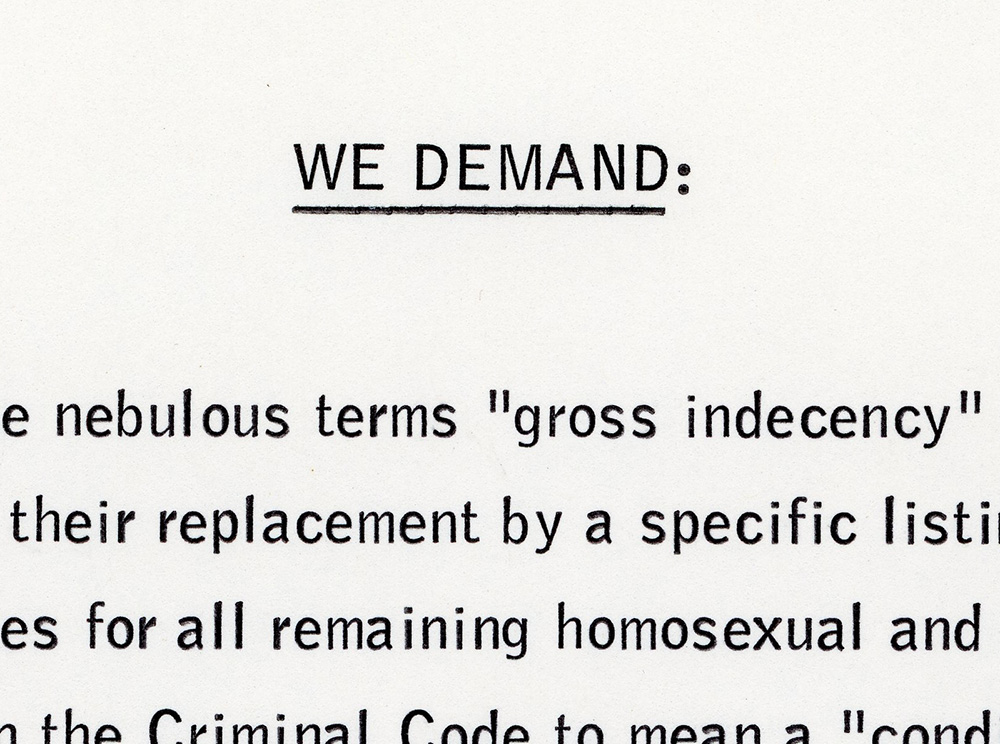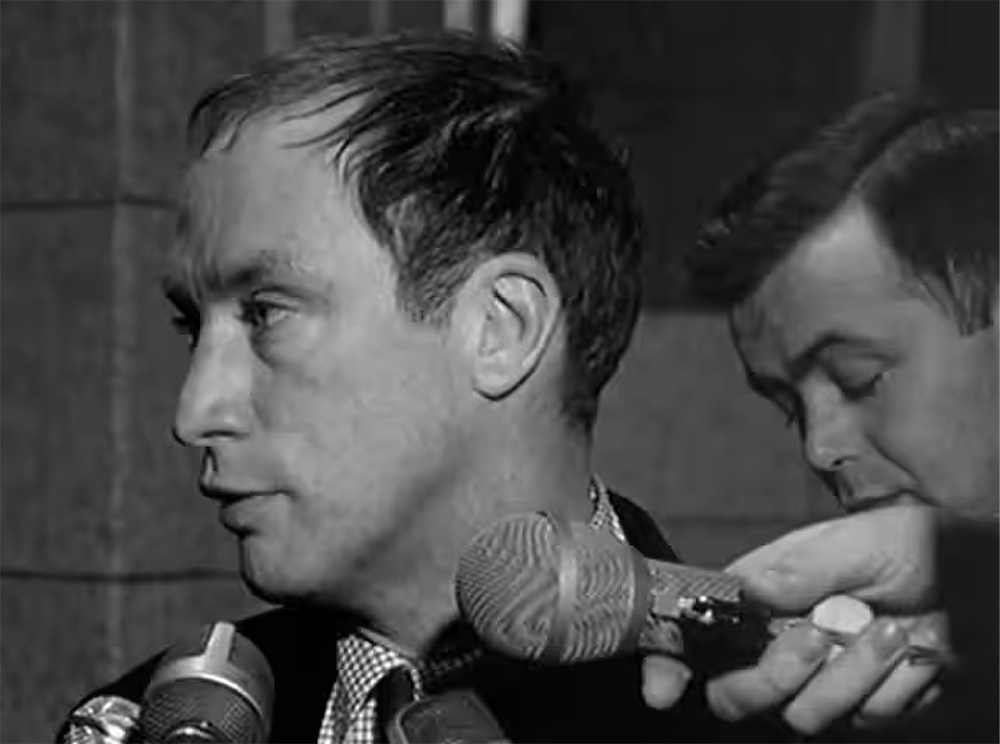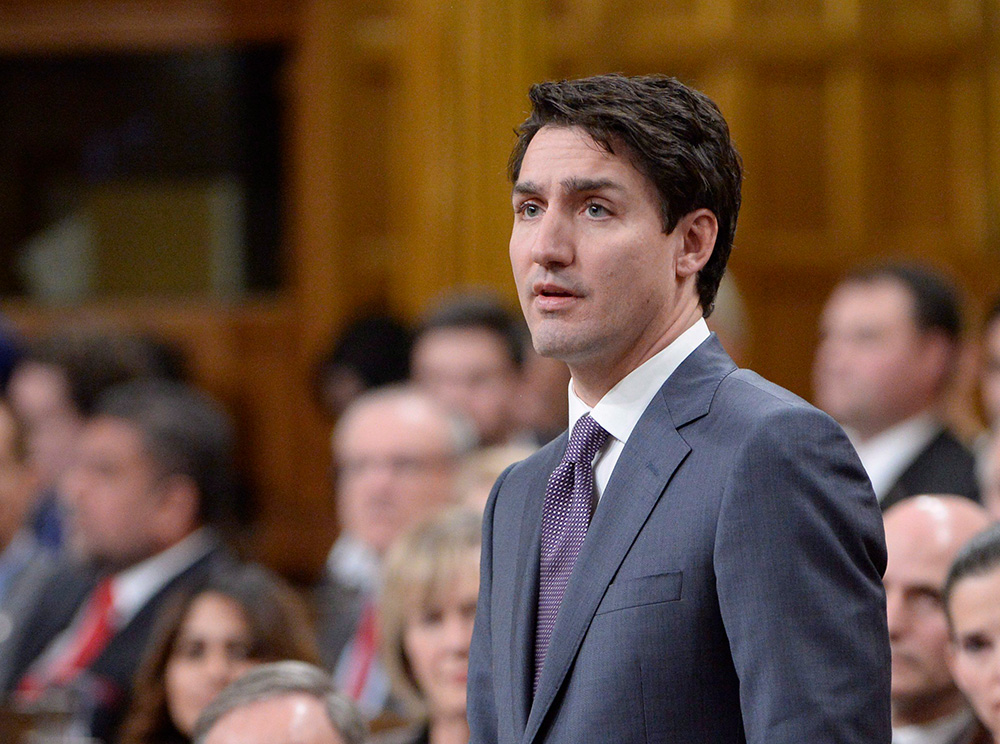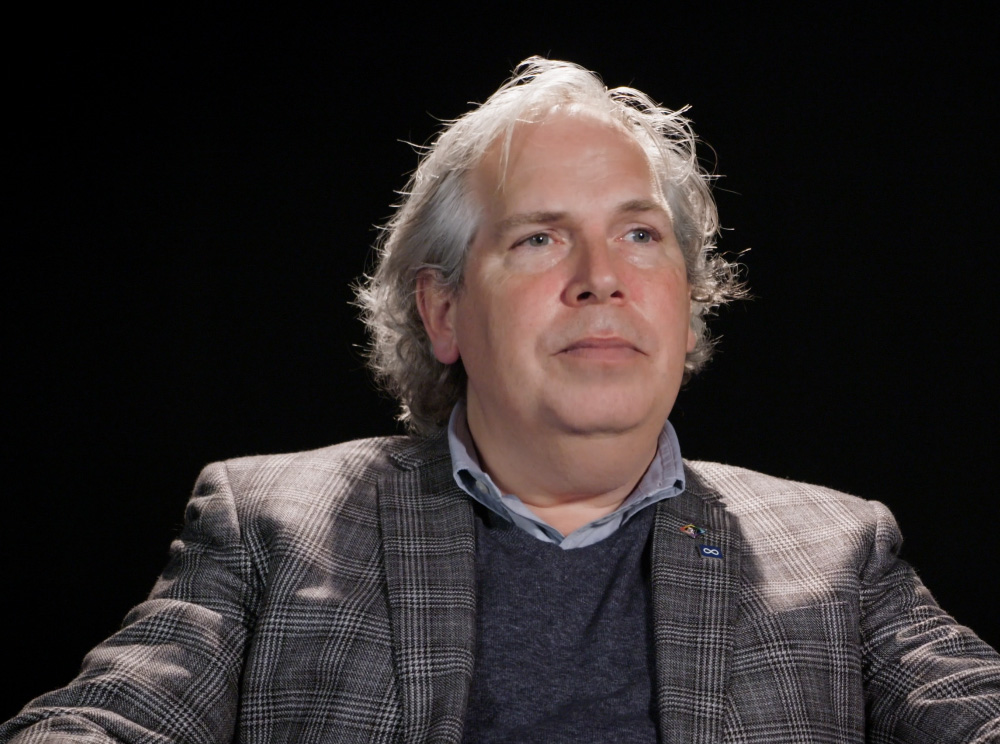
Decriminalization
Throughout most of Canada’s history, 2SLGBTQIA+ people in Canada have been labelled criminals for living their sexualities and gender identities. By the 1960s and 1970s, new organizations and rallying points were emerging for 2SLGBTQIA+ communities. Together, they fought for change — change that often came slowly. In 1969, for example, a wide-ranging Omnibus Bill brought in reforms to a number of criminal provisions and other forms of legislation related to abortion, divorce and homosexuality. Under the Bill, previously illegal sexual acts done in private between two consenting adults were decriminalized.
However, many of the remaining provisions around indecency and other limitations on public sexuality were still used to police and punish 2SLGBTQIA+ people in Canada. Frustration over the limitations of the 1969 Omnibus Bill led to one of Canada’s first 2SLGBTQIA+ political protests. The “We Demand” protest held on Parliament Hill in 1971 included a comprehensive list of demands for legal and policy reforms aimed at ending discrimination against 2SLGBTQIA+ people.
In 2017, following decades of pressure from 2SLGBTQIA+ communities — including a successful class-action suit on behalf of victims of the “LGBT Purge” within the Canadian military and public service — the federal government apologized for “Canada’s role in the systemic oppression, criminalization and violence against the lesbian, gay, bisexual, transgender, queer and two-spirit communities.”
As part of this apology, the government introduced Bill C-66, the Expungement of Historically Unjust Convictions Act. It permitted 2SLGBTQIA+ people in Canada previously convicted of criminal offences under certain provisions of the Criminal Code to apply to have specific criminal convictions erased, and all documentation of the original conviction destroyed.
Learn more about the fight to end criminalization by clicking on the objects below.
Objects


Pierre Trudeau speaking outside the House of Commons on December 21, 1967

Prime Minister Justin Trudeau issues apology by the Federal Government on November 28, 2017

The “LGBT Purge” and the Canadian Military
